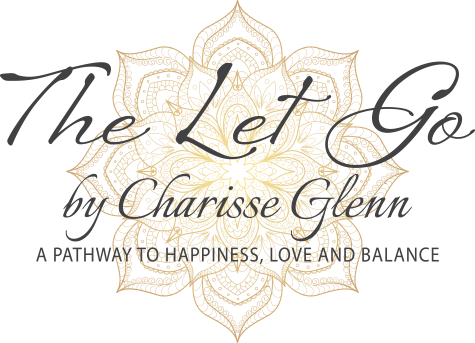The most powerful person in the room, is the person with the least to hide.
~ Rick Julian
We are seekers of what is genuine and honest, so the desire for transparency which refers to a state in which things are free from any attempt to hide something is now demanded. It has become a buzzword thrown around easily, praising and holding corporations in high regard when they comply.
Transparency is also encouraged within relationships. Our lives consist of human-to-human connections, whether in the workplace or at home. Therefore, transparency as individuals requires us to know ourselves well and be open to expressing who that is. Essentially emotional transparency means being clear with others about how we feel with the ability to share our thoughts and feelings honestly, without blame or reactivity.
Absolute transparency requires a high level of self-knowing and emotional intelligence, which does not happen with the flip of a switch. It takes work to disengage our triggers and come clean with who we are. Nonetheless, most are unwilling to face the skeletons in the closet, so we say we are transparent, but it occurs in limited doses and compartmentalized situations. Total transparency is probably as rare as the elusive unicorn.
Yet, as a population, we are enthralled with the idea that no one should have anything to hide because true transparency has the appearance of honesty, and fostering truth helps us feel more secure.
We have all experienced the discomfort when someone is lying. Those secrets held or the truths that were not shared create barriers, unknowingly pushing us away, acting as a repellent, and making us uncomfortable.
Nevertheless, to harbor no secrets and express whatever we feel is not for the good of all. Therefore, some self-censorship is healthy and necessary in life. On the other hand, too much information, also known as TMI, can make some people want to detach when uncensored emotions run rampant. So when is transparency just too much, and when is enough, enough?
Where is the decerning fine line?
It takes work, mindfulness, and inner reflection to know the difference. As our internal work begins, so does the development of consciousness. To know one’s self is a series of undoings.
Transparency is not about calling out others; it is about being curious about ourselves and calling out ourselves. Likewise, being emotionally transparent is about us; it is not a forum to tell your partner how they need to be or to change.
Transparency is also not an opportunity to use every question asked of us as a clearing house of emotions or a therapy session. Accountability to self is essential to understand the difference between expressing our frustrations in a conversation rather than acting them out. Discern what the question is and then reveal what is asked for. Watch that you don’t confuse transparency with TMI. Every detail of our lives is not the objective of transparency.
We can express how something hurt or bothered us, but the real question is to ourselves; Why did that bother me?
It starts with us having the courage to let go of those things that no longer serve us moving forward on this life journey. Emotional reactivity will work against us, so we must do the work to clear the reactive areas.
We hide the parts of ourselves that we may be ashamed of or things we hold guilt about. But because we keep it hidden away does not mean that it is gone. On the contrary, the moment we open the door and shine light upon those parts we have hidden in the dark recesses of who we are is when they begin to disappear. Only once they are acknowledged and released will they cease to hold power over us. When we are no longer triggered, we can open up to others without an uncontrolled outburst of unrequited emotions. When we have accomplished this, we will know that cleansing unnecessary emotions is complete.
To be transparent with others, we must first be authentic with who we are. We cannot expect something from others we are unwilling to do ourselves. Yet, opening the door to transparency within will allow others the trust to do the same.
When we can see beneath the surface of conversations, with an understanding of what is going on with another, or when we can think something but hold on to it without the need to say it, are markers we have done our work. It is then that emotional transparency has the power to transform and deepen relationships.
“The best way to prove the clearness of your mind, is by showing its faults; as when a stream discovers the dirt at the bottom, it convinces us of the transparency and purity of the water.”
~ Alexander Pope, 1737






Transparency through Journaling | Science Behind the Story
[…] https://www.theletgo.com/emotional-transparency-starts-with-ourselves/ […]
Emotional Transparency in Blogging
[…] https://www.theletgo.com/emotional-transparency-starts-with-ourselves/ […]